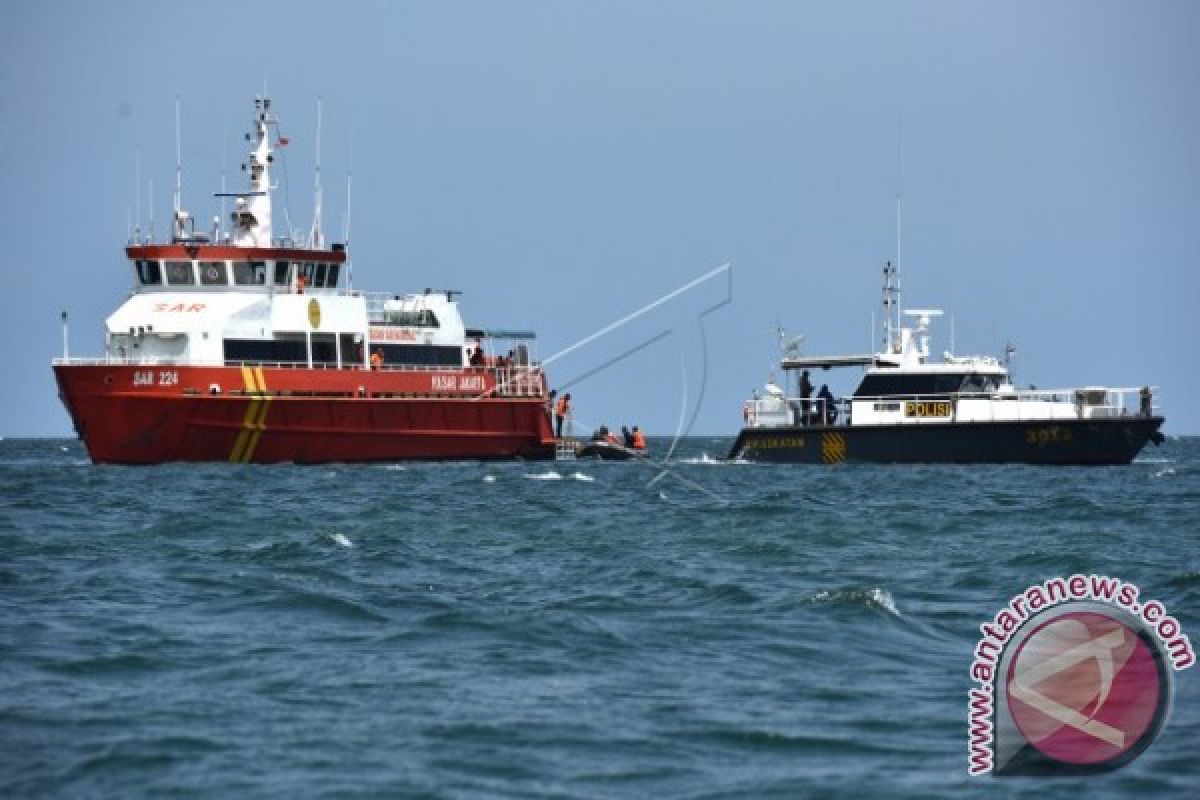Jakarta, (Antara Sumbar) - Indonesia has led the establishment of a regional cooperation agreement against fisheries-related crimes at a conference organized in Jakarta on Sept 18-19.
A total of 14 delegations are attending the 3rd Regional Conference on the Establishment of a Regional Cooperation Agreement against Crimes Related to Fisheries, Deputy for Maritime Sovereignty of the Coordinating Ministry for Fisheries Affairs Arif Havas Oegroseno noted in a press statement released on Monday (Sept 18).
The delegations comprised one from the European Union; 10 from Australia, Indonesia, Myanmar, the Philippines, Papua New Guinea, China, Singapore, Thailand, the United States, and Vietnam; and three from international organizations, such as the United Nations Office on Drugs and Crime, Interpol, and Food and Agriculture Organization.
Oegroseno underscored the importance of regional cooperation to address crimes related to fisheries.
"Without this instrument, we will face many obstacles in which our various efforts at the national level will have no follow-up action at the Asia-Pacific level. Hence, this is the innovation of Indonesia's policy, which is expected to strengthen our national efforts," he explained.
In recent years, fisheries-related crimes are no longer related to administrative matters, such as report or permit forgeries, he pointed out.
Fisheries-related crimes cover overfishing, drug smuggling, and human trafficking aboard fishing boats, he revealed.
Hence, to gain a better understanding of fisheries-related crimes, experts have demonstrated the practices of illegal, unreported, and unregulated fishing that poses a significant threat to marine resources and the ecosystem.
To deal with the threat, cooperation among countries is crucial to formulate an instrument of regional cooperation that may serve as a reference to handle fisheries-related crimes. (*)
Editor: Vicha Faradika
Indonesia Leads Establishment of Regional Cooperation Agreement Againts Fisheries-Related Crimes

Illustration. (Antara)


